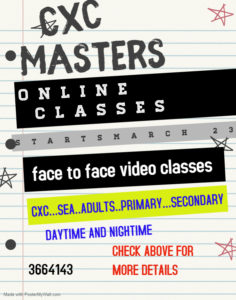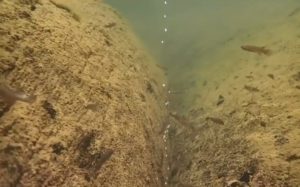OVERHARVESTING is one of several issues impacting biodiversity in Trinidad and Tobago.
This concern was highlighted by Dr Ryan Mohammed, who specialises in aquatic biology. He was speaking in a webinar series on Fish Fauna Diversity, last Friday.
It was hosted by the Environmental Policy and Planning Division of the Ministry of Planning and Development and aimed to raise awareness about a variety of environmental topics.
Mohammed stated, “Over harvesting is always a major issue when it comes to biodiversity in Trinidad for the ornamental trade whilst the harvest of the various cat fish and tetas were done for the export trade.”

He added, “You still need a permit from the Fisheries Division to export this but it’s still more or less a free trade with regards to how much can be extracted from the wild to even be sold in the local market.”
Mohammed said, “The same could be said for guppies which are widely used as feeder fish for people who have fish that need live food.”
He said, “So considering that your guppies are one of your foundation fish that make up the base of your food chain in the river systems, the removal of these fish could be detrimental to different habitats.”

Mohammed said there was over consumption of cascadura.
He said, “These fish are very sensitive to changes in weather systems. We need a sharp increase in rainfall at the beginning of the wet season to ensure the cascadura lay eggs in their nests with these very finicky weather patterns we have now there has been a decrease in the amount of cascadura producing viable nests.”
The next webinar series will be held on Friday, with Senior Ecologist, Lanya Fanovich, discussing Biodiversity of North East Tobago- From Ridge to Reef.
![]()
